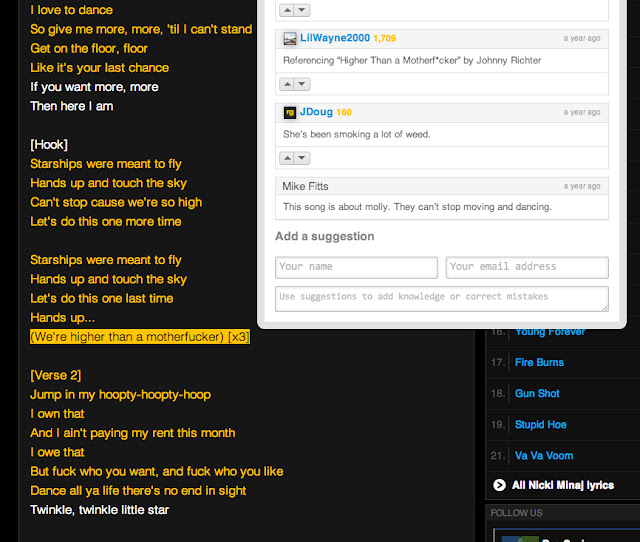One of the problems learners are faced with is the astonishing variety of dialectal phonological variations in English, in Britain, in America and elsewhere. Not to mention those produced by non-native speakers.
There are several factors involved in this perception. Let's say that learners (I will concentrate on spanish speakers) come from a perceived linguistic environment:
1) Castilian Spanish is standardized and understood clearly by all speakers of the language.
2) Even the most extreme varieties of peninsular Spanish can be understood by any speaker in Spain (all right, maybe some people are really difficult to understand, but it is negligible).
3) Very often the difficulty in understanding is a matter of vocabulary choice, rather than phonology. This happens sometimes also with South American immigrants living in Spain.
Spanish speakers enjoy a number of historical advantages that have created that status quo. First of all a very early castilian Spanish grammar. In fact, it was published on the very year that Christopher Columbus discovered America. That means that from the start there was "one grammar to rule them all" and behind that grammar, a linguistic self consciousness sparked, no doubt, by the unifying drive Kings Isabel and Fernando represented.
Meanwhile in Britain, English had been for quite a while the language of the illiterate and poor until Chaucer and his generation came along. What he did for the English language in the 14th century - solidifying and giving prestige to English - was done in Spain way before, when the monks started to write in Spanish on the margins of their latin books and then started writing directly in Spanish - all of this way before Chaucer.
While Britain had to deal with the great vowel shift in between 1350 and 1700 (roughly) which overturned a phonetic system that made more sense than the current one and which was more similar to both Latin and Spanish, the spanish system was stabilized by the political and cultural efforts of the Spanish kings. There was already a clear standard to aspire to. While Spanish was a rising soufleé, the british soufleé had been taken out of the oven at a critical point.
In addition to all of this Spanish was given a Language Academy which has managed Spanish in all senses since its foundation. English still has to have one, and efforts to create one have met with either lack of interest, suspicion or worse - lack of money.
So all this brought about a language with only five perceived vowel sounds, which are clearly reflected by spelling. There are very few spelling problems with consonants compared to English. Spaniards have it comparatively easy to learn to write if we look at anglosaxons or other cultures. There are very few voiced consonants and those that exist don't have their unvoiced counterparts, except for plosives.
All very unlike English. English is rather uncontrolled, freestyle. Of course there are standards, but they are rather like a reference point around which speakers revolve and to which they feel attracted - or repelled by it!
If we look at North America we find this: (source: http://aschmann.net/AmEng/)
This looks scary enough to repel many people from even trying to learn any language, let alone English. For Great Britain you would find an equivalent map. How do native speakers even manage? Good news is this happens in most languages. However the problem learners face is double: empirical difficulty (producing new additional sounds, different stress patterns...) and the perceived problems (lack of systematic pronunciation that makes communication extremely difficult.
The role of the teacher/coach in this case has several parts. first of all to convey to the learner what they know about how things are pronounced. But also to explain how things fit and somehow how they fit together. It sounds like a lot of work because it is. But learners don't need to understand an American from California or a Brit from Manchester. They need to be able to understand them and our responsibility is to pass on to them what allows us to do that. When we realize and manage to transmit that kind of mental Rosetta stone we have somewhere in our brains, that is when our learners will be equipped with the tools necessary to understand many accents and dialects and not the one they are familiar with.
Some comic relief to finish this post. When I was at College, on our first year, we had both Spanish and English pronunciation. We knew nothing about phonetics so it was very steep for everyone. We worked hard. However, on the day of the exam our teacher for the British pronunciation half of the course was ill, so his wife came to fill in (they both have wonderful RP accents, but hers is even better). We couldn't understand her! The exam was a disaster and we were butchered and sent massively to the September exam (my grade was 2.5 out of 10). By September, it didn't matter if it were her, him or a cousin from Liverpool. I got it! I had that something (9 points out of 10!). I was in!
So it can be done.






